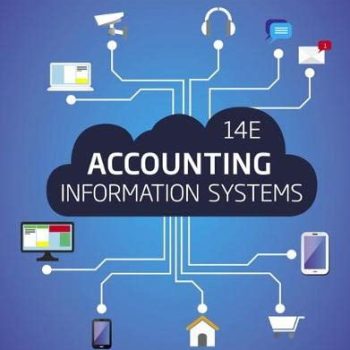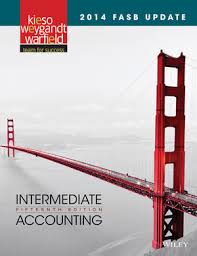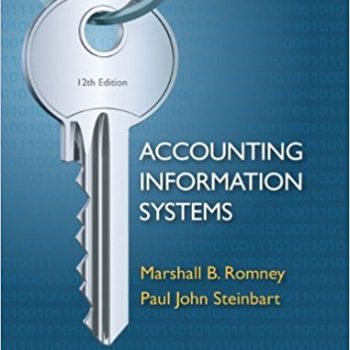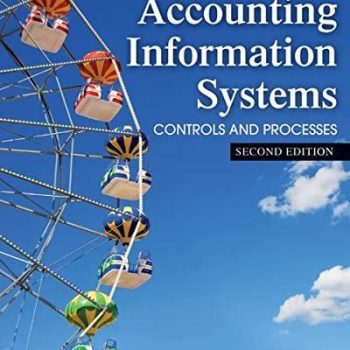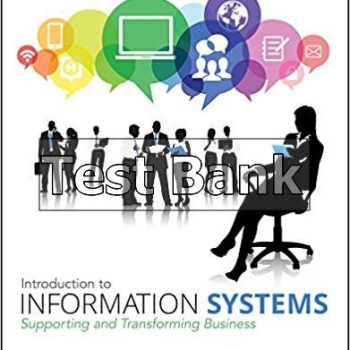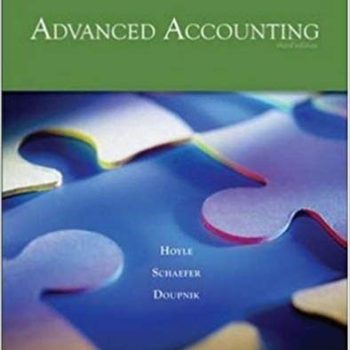What is Intermediate Accounting?
Intermediate Accounting is a branch of accounting that focuses on the advanced concepts and principles used in financial reporting. It builds on the foundational knowledge of introductory accounting and covers topics such as revenue recognition, financial statement preparation, asset and liability management, and equity accounting. Intermediate Accounting is essential for understanding the complexities of corporate financial reporting and for preparing accurate and compliant financial statements.
Importance of Intermediate Accounting
Intermediate Accounting is crucial for ensuring the accuracy and transparency of financial information. It provides the knowledge and skills needed to prepare and analyze financial statements, comply with accounting standards, and make informed financial decisions. Mastery of Intermediate Accounting is essential for accountants, auditors, financial analysts, and other professionals who need to interpret and apply advanced accounting principles.
The Subfields of Intermediate Accounting
Revenue Recognition
Revenue Recognition involves the principles and guidelines for recording revenue in the financial statements. This subfield includes the study of various revenue recognition methods and the criteria for recognizing revenue under different scenarios.
Financial Statement Preparation
Financial Statement Preparation focuses on the preparation and presentation of financial statements, including the balance sheet, income statement, statement of cash flows, and statement of changes in equity. This subfield includes the application of accounting standards and principles to ensure accurate and compliant financial reporting.
Asset Management
Asset Management involves the accounting for various types of assets, including current and non-current assets, intangible assets, and investments. This subfield includes the study of asset valuation, depreciation, amortization, and impairment.
Liability Management
Liability Management focuses on the accounting for current and long-term liabilities. This subfield includes the study of liability recognition, measurement, and disclosure, as well as the accounting for contingent liabilities and provisions.
Equity Accounting
Equity Accounting involves the principles and methods for accounting for shareholders’ equity. This subfield includes the study of common and preferred stock, dividends, retained earnings, and treasury stock transactions.
Benefits of Studying Intermediate Accounting
Economic Benefits
A strong understanding of Intermediate Accounting opens up career opportunities in accounting, auditing, financial analysis, and corporate finance. Professionals in this field are essential for ensuring the integrity of financial reporting and for providing valuable insights into a company’s financial health.
Cross-disciplinary Subject
Intermediate Accounting intersects with fields such as finance, economics, and business management. This interdisciplinary approach enhances analytical skills and provides a comprehensive understanding of financial reporting and decision-making processes.
Curiosity
Studying Intermediate Accounting satisfies a natural curiosity about how businesses operate financially and how financial information is reported. It encourages critical thinking, attention to detail, and continuous learning, fostering a deep understanding of accounting principles and practices.
Career Growth
Intermediate Accounting education provides a solid foundation for career advancement. It equips individuals with the knowledge and skills needed for leadership roles in accounting, finance, and auditing. Advanced studies in this field can lead to specialized positions and opportunities for significant contributions to financial reporting and analysis.
Test Bank Archive
At Test Bank Archive, we offer a wide range of resources to support your studies in Intermediate Accounting. Our collection includes detailed test banks and solution manuals for various textbooks. These resources provide:
- Targeted Exam Preparation: Practice questions that mirror the style and difficulty of your exams, boosting your confidence and readiness.
- In-Depth Explanations: Detailed solutions that help clarify complex accounting concepts and principles.
- Up-to-Date Content: Regular updates to ensure alignment with current academic standards and curricula.
Our test bank resources are designed to help you excel in your Intermediate Accounting courses by providing structured, effective study tools.
Conclusion
Intermediate Accounting is an essential field that enhances our understanding of advanced accounting principles and financial reporting practices. By thoroughly preparing for your courses and utilizing the extensive test bank resources at Test Bank Archive, you can enhance your knowledge, improve your academic performance, and succeed in the dynamic world of accounting. Start exploring our resources today and take a significant step towards mastering Intermediate Accounting.
Showing 1–16 of 42 results



